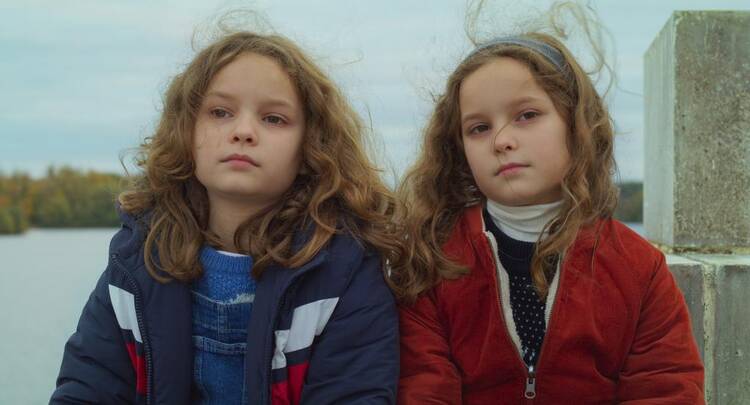Parenting is, to a degree, a performance. You want your kids to go out into the world with courage and confidence, so you project courage and confidence, even when you don’t feel it. You need to present yourself as a credible voice of authority (“Yes, you have to wear pants to school.”) and so you portray yourself as certain and knowledgeable, even when you feel confused or conflicted (or as you, say, wear your pajama bottoms on work calls for the fourth day in a row). It’s not about presenting yourself as infallible, but giving your kids something steady and dependable that they can hold onto as they enter into the messy business of living.
From a child’s perspective, this makes your parents sort of mysterious. Your parents worry about things you don’t understand, get frustrated for seemingly no reason. You walk into the bathroom and find them wiping away tears, but they smile and tell you, “Everything’s okay.” For many of us, our childhood starts to end when we realize that our parents don’t know everything, that in many cases they are as frightened and uncertain as we are.
What’s beautiful and heartbreaking about all of this is that it’s a circle. As a kid, I trusted that my parents always knew what was best, until I got old enough to start discovering my own path. Now, as a parent, I feel that same parental urge to be a rock, to act like I have all (or most) of the answers until my kids can start working them out for themselves. Someday I’ll watch my kids do that with their own kids. All of the things that seemed so mysterious about my parents as I was growing up now make sense to me. Some things you can’t understand until you live them.
“Petite Maman” (2021), written and directed by the French filmmaker Céline Sciamma (“Water Lilies,” “Portrait of a Lady on Fire”), is a gentle magical-realist story about children and parents, the things we can’t say and learning to understand each other. Eight-year-old Nelly (Joséphine Sanz) has just lost her grandmother and accompanies her parents (Nina Meurisse and Stéphane Varupenne) to clean out her grandmother’s old house. Nelly’s mother is shell-shocked with grief, and returning to her vacant childhood home keeps the wounds fresh. One night she leaves to clear her head. The next day, while playing in the autumn woods, Nelly meets Marion (Gabrielle Sanz), whom she soon realizes is her mother when she was eight.
An adult might try to discern the cause of this extraordinary event or fret about time travel paradoxes. Nelly, with a child’s willingness to embrace the mysterious, just goes with it. She doesn’t use these words, but to Nelly, it’s a miracle. Her (adult) mother is warm but a little closed-off, especially as she mourns, enveloped in sadness that Nelly can’t penetrate or comprehend. But Marion is a child just like her, unencumbered by the complexities of adulthood. They play and pretend together, build a treehouse and make pancakes. Their time together—removed from the normal structure of the parent/child relationship—allows Nelly to come to a deeper understanding of her mother.
It’s natural, as a parent, to want to appear strong and reliable for your child. It’s natural, as a child, to want to understand your parents better. The boundaries between the two are important, and sometimes it’s appropriate to filter what you tell your kids instead of giving them the unalloyed truth. But there is also grace and forgiveness in learning to see the world through each other’s eyes. As a parent, I look at my own parents and think, I get it now in a way I couldn’t then. And I look at my children and think, I remember how hard this was. The lesson for Nelly and for all of us is to treat each other with mercy. To realize that none of us have all of the answers and we are all trying to figure it out. Growing up means realizing that the world is far less certain and safe than your parents made it seem. But growing up also means realizing that we’re all making our way through it together.
“Petite Maman” is streaming on Hulu.








